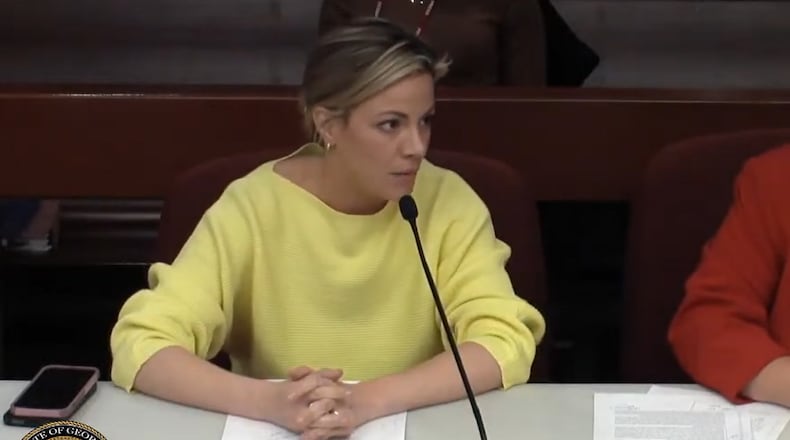A group of children and their families filed a class action lawsuit on Wednesday that alleges several Georgia social service agencies failed to provide adequate mental health services and subjected the kids to prolonged and unnecessary institutionalization.
The lawsuit against the state, filed in a federal court in Atlanta, says the failures amount to a violation of federal law. The plaintiffs are asking the courts to step in to force the state to address deficiencies within the state’s fragmented mental health care system.
The complaint names the leaders of three Georgia agencies: the Department of Community Health (DCH), the Department of Behavioral Health and Developmental Disabilities (DBHDD) and the Department of Human Services (DHS). DCH and DBHDD declined to comment. All agencies declined to comment.
“Georgia’s children belong at home with their families. Due to Georgia’s failings, children are unnecessarily thrust into institutions and child welfare. Georgia can and must do better to support children to live at home with their parents and siblings.” said Ruby Moore, the executive director of the Georgia Advocacy Office, one of the nonprofits representing the families.
Three of the four children involved in the lawsuit are currently institutionalized for various mental health disorders. In each case, the kids bounced around psychiatric care facilities and spent long stretches of time institutionalized. This has only served to worsen their symptoms and has led to more frequent trips to emergency rooms and psychiatric facilities, their attorneys allege.
One of the plaintiffs, referred to in the complaint as Zack B., has been institutionalized 16 times and has been admitted to the emergency room 18 times. Time after time, the complaint alleges, the state failed to provide adequate follow-up home care, which led to more crises that would land him back in a hospital or mental health facility.
In 2022, his mother refused to accept a discharge plan because it did not provide the home services he needed, the lawsuit says. She hoped that her son would receive better care in state custody. But Zack has remained institutionalized since and continues to be deprived of the remedial services he requires, the lawsuit alleges.
“Without these Services, Zack is unable to reunify with his family, and will very likely continue to experience repeated and prolonged institutionalization,” the complaint reads.
The plaintiffs are asking the federal court to force the agencies to adhere to federal guidelines and fix what they see as a broken system.
The plaintiffs ask that the court require the state to provide assessments to children who have been repeatedly institutionalized, expand capacity among providers and arrange the remedial services required to treat the children, among other recommendations.
This is the second lawsuit filed against the state’s mental health system in recent weeks. Last month, several former DHS employees sued the state for allegedly discriminating against Black social workers and endangering foster children by providing dangerous living conditions.
An investigation by The Atlanta Journal-Constitution earlier this year found that DCH has failed to adequately monitor the managed care companies contracted by the state to provide children with mental health services, leading to frequent denials of critical treatment — especially among the state’s foster care system.
About the Author
The Latest
Featured



